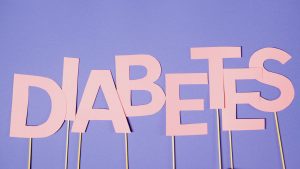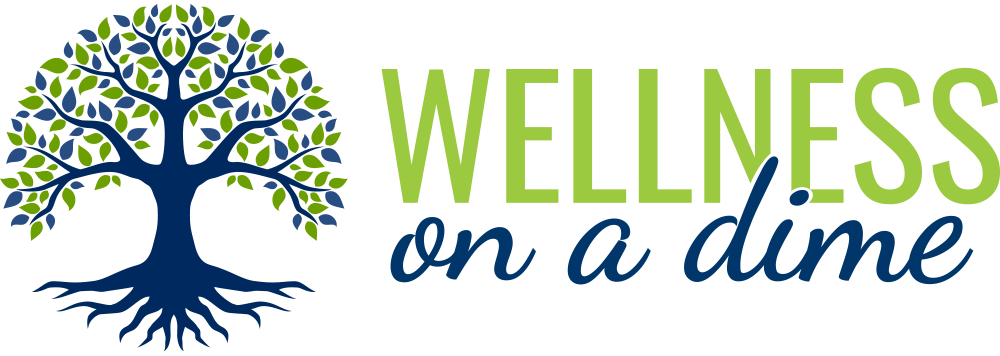 Diabetes is a problem in Louisiana. While government statistics lump both type 1 diabetes and type 2 together, many dietary restrictions and aids help both types. Is veganism one of those solutions? Type 1 diabetes occurs when the pancreas doesn’t make insulin or makes too little. Insulin opens the cells so the body can use the blood sugar for energy. It commonly starts in childhood. Type 2 diabetes can also come from low insulin levels, but it also occurs because the body doesn’t effectively use the insulin that it makes.
Diabetes is a problem in Louisiana. While government statistics lump both type 1 diabetes and type 2 together, many dietary restrictions and aids help both types. Is veganism one of those solutions? Type 1 diabetes occurs when the pancreas doesn’t make insulin or makes too little. Insulin opens the cells so the body can use the blood sugar for energy. It commonly starts in childhood. Type 2 diabetes can also come from low insulin levels, but it also occurs because the body doesn’t effectively use the insulin that it makes.
A healthy diet plays a key role in managing diabetes.
A vegan diet is just one option for type 1 diabetes. However, becoming a vegan when you have diabetes requires extra caution. A vegan diet eliminates all animal-based products from the diet. Even food with Jell-O, beer, marshmallows, vanilla-flavored food, potato chips, and many other products you might not suspect have some form of animal product. Diabetes makes using a vegan diet difficult and requires far more planning.
Do meal planning to ensure each meal contains the right portions of healthy fat, protein, and carbs.
Not only do people with diabetes need to balance meals, but they also need to balance snacks. Planning carefully can reduce the effect on blood sugar. When choosing carbs, opt for whole grains for pasta and bread, fruit, and vegetables. Proteins can include beans, peas, peanuts, nut butter, and other plant-based meat alternatives. Healthy fat comes from olive oil, avocados, nuts, and plant-based spreads. Fiber plays an important role, since it slows the absorption of glucose, reducing blood sugar spikes.
The potential benefits and drawbacks of a vegan diet for people with diabetes.
Studies show that a healthy vegan diet can help control blood sugar levels. It reduced A1C levels by being easier to follow. For type 2 diabetes, a vegan diet increases insulin sensitivity. It also helped with weight management for type 2 diabetics. There are three downsides for people with either type of diabetes. A vegan diet can lead to nutritional deficiencies, such as B6, B12, iron, niacin, calcium, zinc, iodine, and omega-3 fatty acids. It can lead to an inadequate intake of complete proteins. Animal products provide complete proteins and offer all essential amino acids. Not all plant sources of protein do that. As mentioned earlier, a plant-based diet tends to be higher in carbs because plant-based products are higher in carbs than animal products.
- Meal planning plays a vital role for those with diabetes. Make sure you include snacks in your meal planning. We can help you with meal planning and make the transition easier.
- Just because a food is vegan, it doesn’t mean it’s healthy. Many plant-based foods have high amounts of sugar and other unhealthy ingredients.
- Fill your plate with non-starchy vegetables. They are low in carbohydrates but high in fiber and nutrition. Make every snack a balance of protein, carbs, and fat. Use a variety of plant proteins.
- Supplement if necessary. Always discuss going vegan with your healthcare professional first. If you choose a vegan diet, ask about supplementing with added nutrients, such as B12. Monitor blood sugar closely when changing your diet to something new.
For more information, contact us today at Wellness On A Dime Coaching
